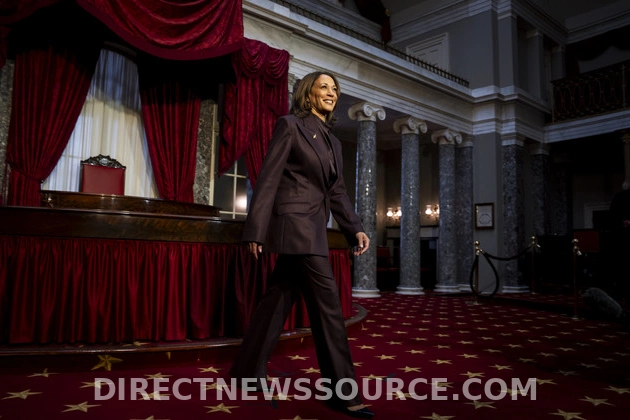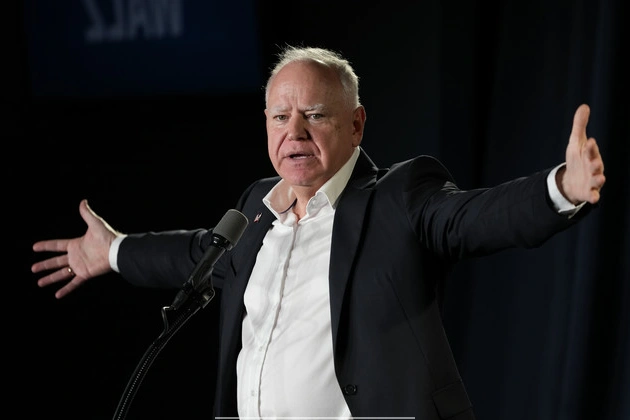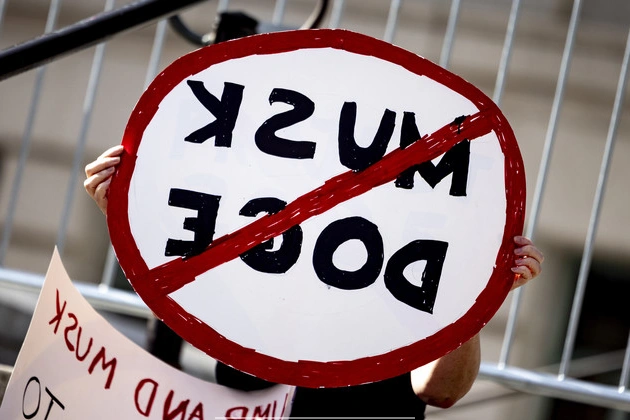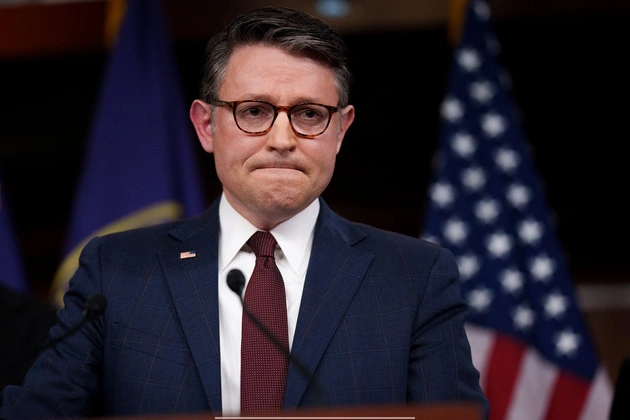
Senior Democrats are considering Kamala Harris as a potential presidential candidate for 2028. While some show support, others remain skeptical.
The Delicate Balance
For party leaders, endorsing Harris is a delicate matter. While some express enthusiasm for her candidacy, others harbor doubts about her future prospects.
Party Support and Skepticism
At a recent DNC gathering, party officials neither dismissed nor fully embraced the idea of another Harris campaign, showcasing a mix of support and reservation.
Shasti Conrad, chair of the Washington Democratic Party, voiced her pride in supporting Harris and willingness to do so again.
However, with the 2028 primary expected to be competitive, the path for Harris is not without challenges.
Public Perception and Party Divides
Outside the DNC circles, Democrats in battleground states express reservations about Harris’s viability as a presidential candidate.
Despite this, Harris retains national party support and is contemplating her next move, whether it’s a presidential run, a gubernatorial bid, or a shift in political engagement.
Assessing Harris’s Prospects
Post-election surveys position Harris as the frontrunner for the 2028 Democratic primary, showcasing significant support among Democratic voters.
While her allies highlight her strong campaign performance in 2024, critics attribute her loss to broader political factors.
Future Plans and Political Calculations
Harris’s deliberations on her future are ongoing, with considerations ranging from another presidential bid to a gubernatorial run in California.
Ultimately, the decision on Harris’s political future will shape the landscape of the 2028 Democratic primary and reflect broader shifts in American politics.
Anticipating a Complex Primary
The 2028 Democratic primary is expected to be fiercely contested, with multiple contenders vying for the nomination. Harris’s potential candidacy adds intrigue to an already crowded field.
As Democrats navigate the post-2024 landscape, the prospect of Harris running again raises questions about party unity, electoral strategy, and the evolving dynamics of presidential campaigns.















